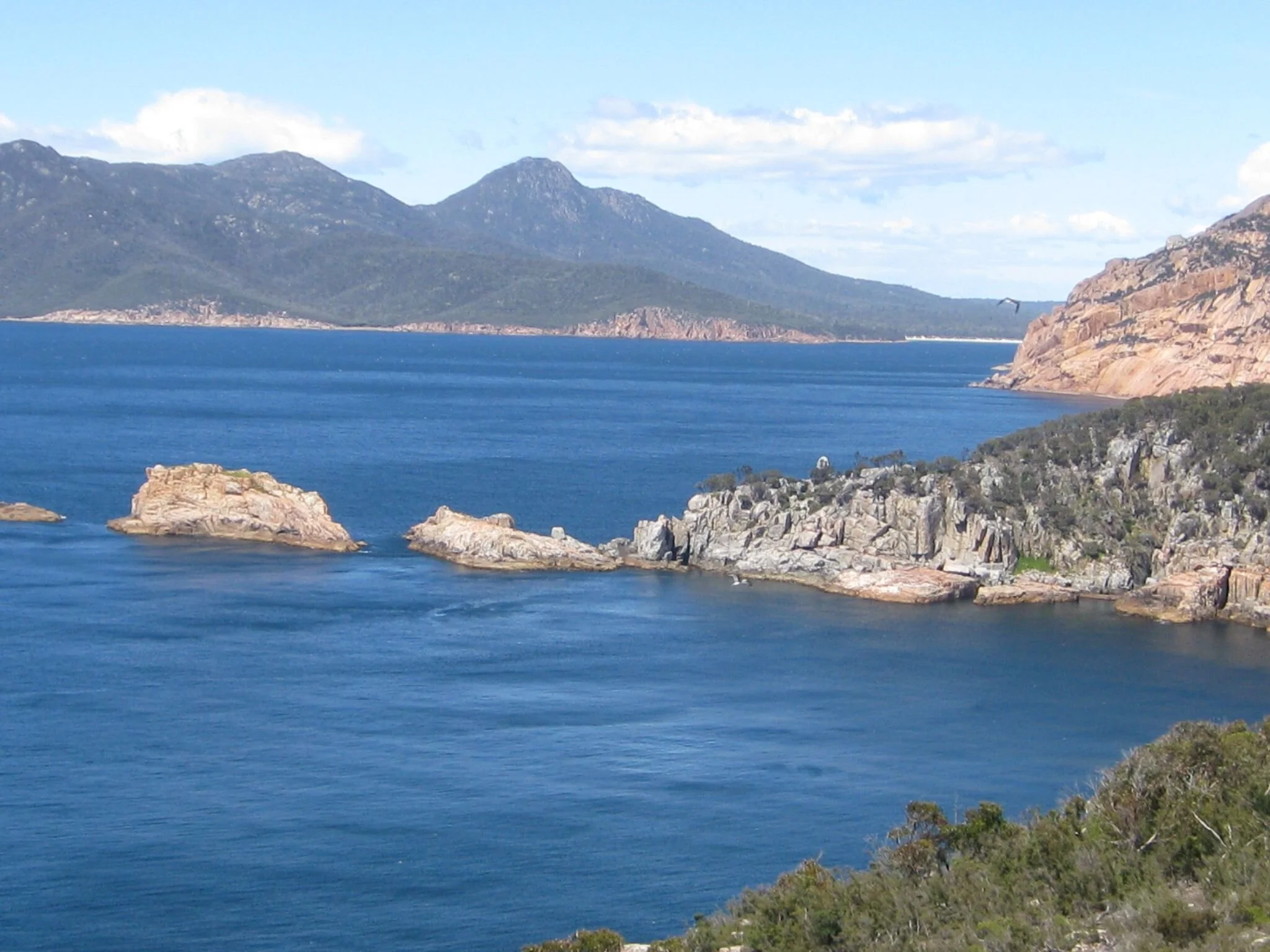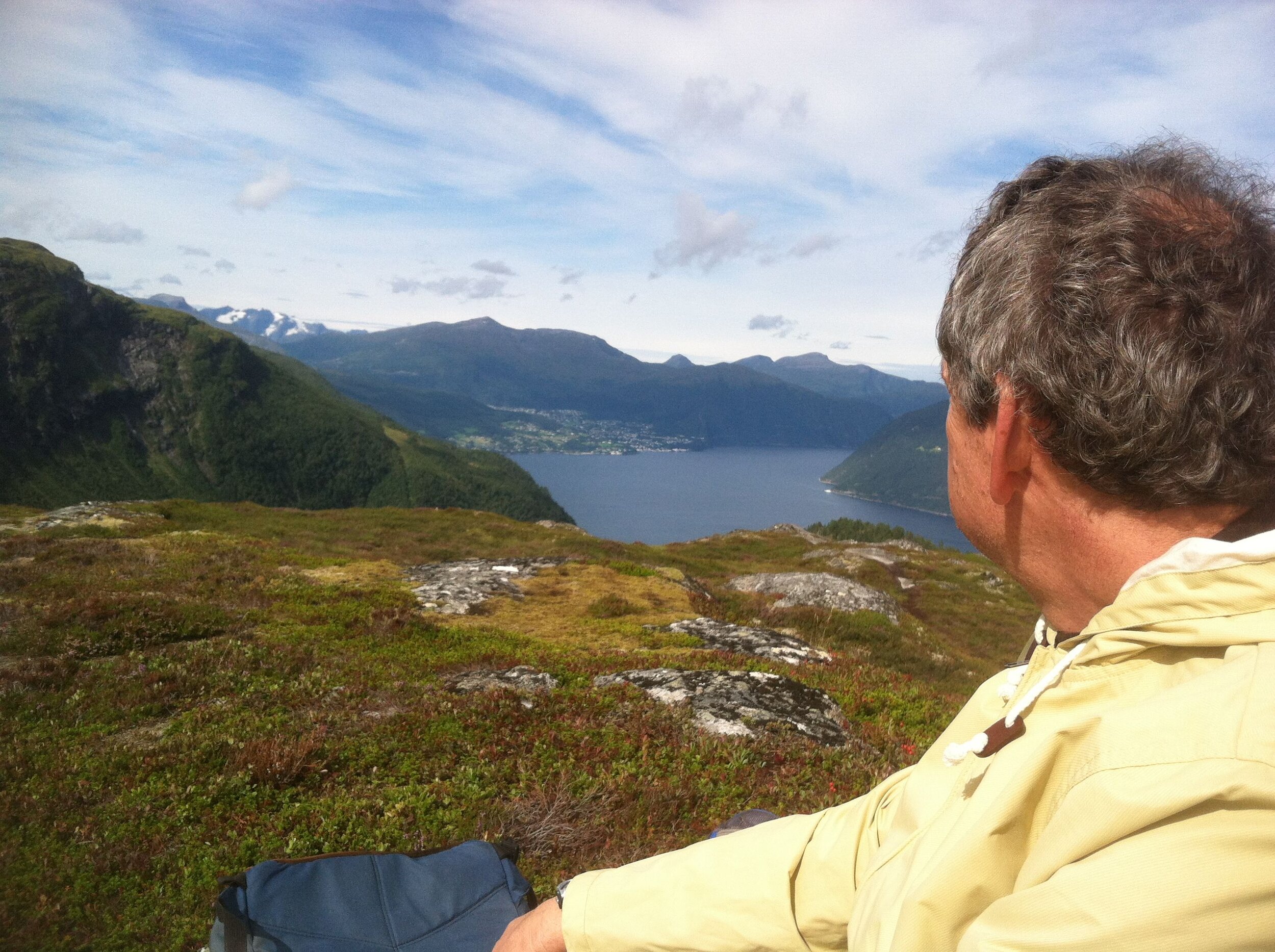Biography
As a scholar, Philip Clayton works at the intersection of philosophy, theology, and science. Although he continues to work on fundamental questions that arise within each of these fields and at their intersections, his more recent focus has turned increasingly to the intersection of climate science, ethics, religion, and social philosophy, or ecotheology.
Clayton holds the Ingraham Chair at Claremont School of Theology, where he directs the PhD program in comparative theologies and philosophies; he is also affiliated faculty at Claremont Graduate University. A graduate of Yale University, he has also taught at Williams College and the California State University, as well as holding guest professorships at the University of Munich, the University of Cambridge, and Harvard University. He has published two dozen books and some 350 articles.
Philip is President of the Institute for Ecological Civilization (EcoCiv.org), which works internationally to support multi-sector innovations toward a sustainable society through collaborations between governments, businesses, policy experts, and NGOs. He is also president of the Institute for the Postmodern Development of China, which works with universities and government officials to promote the concept of ecological civilization through conferences, publications, educational projects, and ecovillages. He has previously served as a Dean, Provost, and as the Executive Vice President of a small university. In 2018 he helped to organize the Justice track for the Parliament of the World’s Religions.
Philip enjoys cycling, refereeing competitive soccer, and wilderness camping with family and dog.
““Obviously, we would not exist at all without the stable and nurturing life-systems around us. In fact, in one sense we are not separately existing creatures at all. We are, from the bottom up, beings in community. We are, from our simplest cell to our highest thought, the organic expressions of ecosystems that nourish us and give us life.””
Curriculum vitae
My full CV can be found here.
Awards, Fellowships, Lectureships (sample)
2016
Biennial meeting, Lyon, France Keynote, The European Society for the Study of Science and Theology (ESSSAT)
2014
Visiting Professor, Shanxi University, Taiyuan, Shanxi Province, China; annual lecture tours in China since 2010
Teacher of the Year, Claremont School of Theology
2013
The 2013 Gowland Public Lecture, The Science and Religion Forum Annual Meeting, Chester, England
The 2013 Annual Landa Lecture, La Sierra University
The 2013 Harold Stoner Clark Lectures, California Lutheran University
Annual Keynote Speaker, Wesleyan Philosophical Society Annual Meeting
2012
The Charles Townes Lectureship, Furman University
2011
The 2011 Goshen Lectures, Goshen College, Goshen, IN
2009 - 2014
Steering Committee, “The Impact of Religion, Challenges for Society, Law and Democracy,” 5-year project funded by the Swedish government, Uppsala University
2008 - 2011
Co-PI, three-year Ford Foundation Grant, “Rekindling Theological Imagination: Thought for Progressive Action” Transformative
2009 -2010
Metanexus Senior Fellow
The Olaus Petri Annual Lectures, Sweden
2008 -2009
Guest of the Indian government through the Indian Council for Philosophical Research; ICPR Visiting Professor for the academic year
2008
The 2008 Annual Hiram Lectures, Hiram College, Hiram, OH
Treasurer, The Institute for the Postmodern Development of China
2007
The Schaff Lectures, Pittsburgh Theological Seminary
2006
Templeton Research Lectureship, the University of Frankfurt
The 2006 Boyle Lecture, St Mary-le-Bow, London
2001-2002
Visiting Fellow, The Center for the Study of World Religions, Harvard University
1999 - 2003
Principal Investigator, “Science and the Spiritual Quest”
1999
First Annual Templeton Research Prize
1998
Templeton Award for Best Book in Religion and Science
1997
CSU-wide Grant, “Ethics and Values in the Information Age”
CTNS Science and Religion Course Program Grant
1996
University Merit Award, Sonoma State University
1995
University Best Professor (Chamber of Commerce Excellence in Education award)
1990 - 1991
Senior Fulbright Research Fellow, University of Municn
1985 -1986
Charlotte W. Newcombe Fellowship
Douglas G. MacIntosh Fellowship, Yale University
1984 -1985
Josephine de Kármán Fellowship for Studies in the Humanities
1981 - 1983
German Academic Exchange Service (DAAD) Fellowship for research at the University of Munich; extended for a second year

